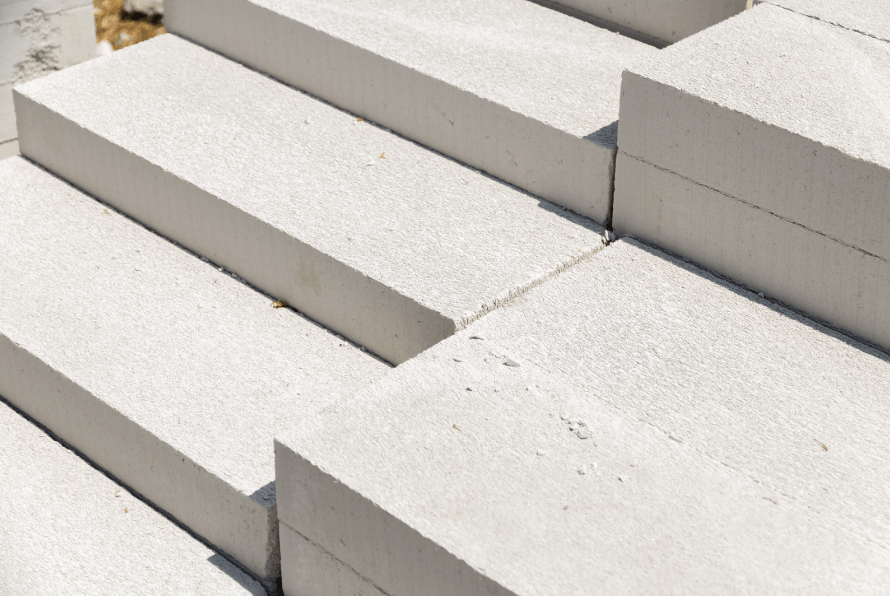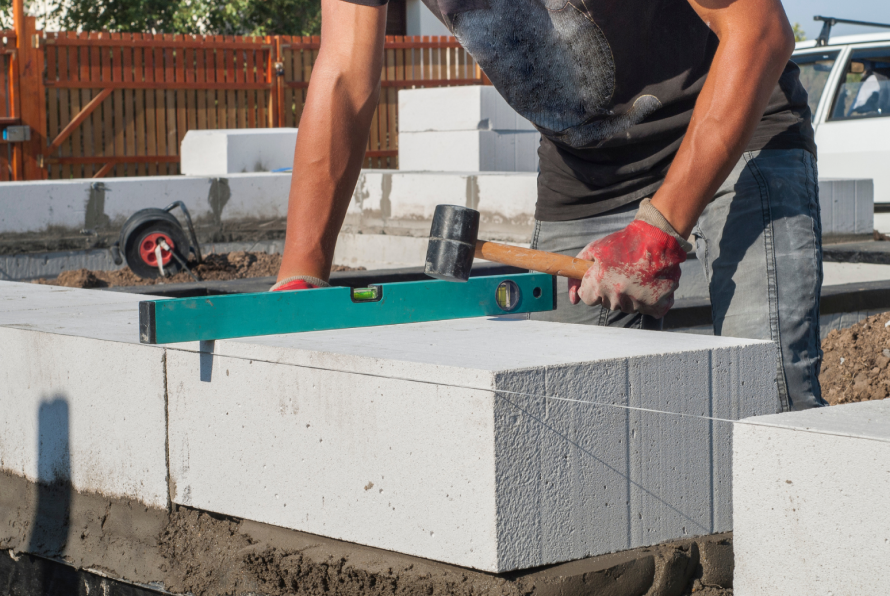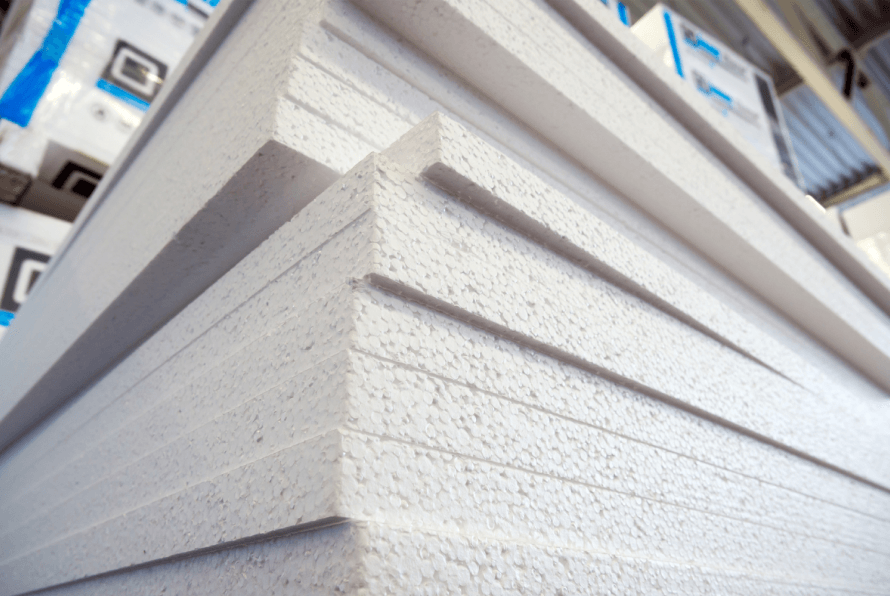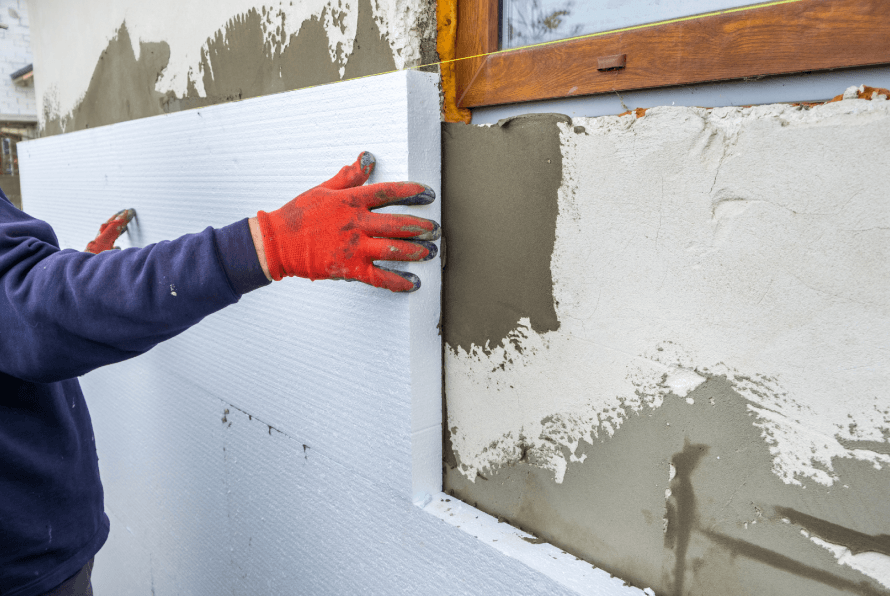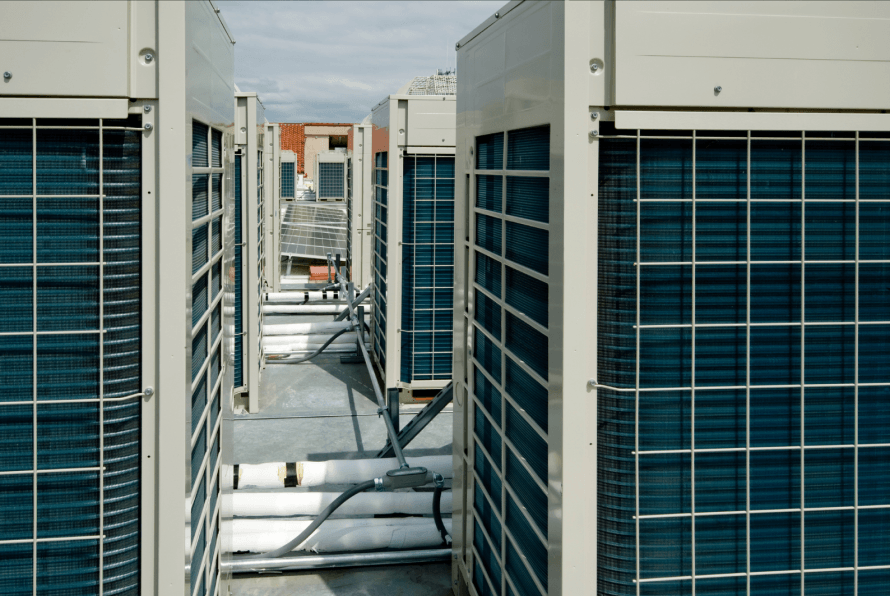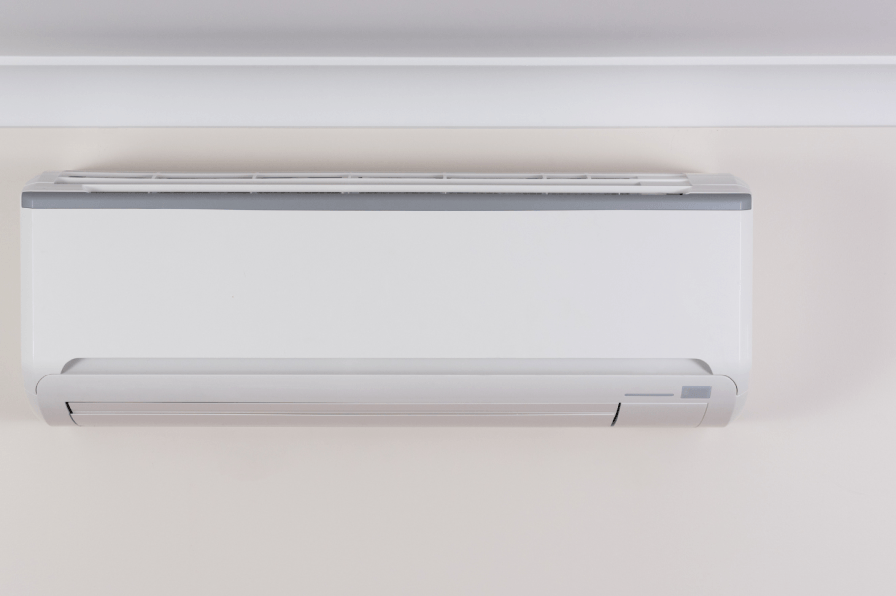Sustainable Living:
Beauty in Balance
By keeping holistic sustainability at our project’s core, we’ve created homes that are more durable, more energy lean, naturally comfortable, and demonstrably healthier than a conventional home. We’ve kept our footprints light and our foundations strong.

The Features
By bearing this globally recognized standard in sustainable development, we aim to lead our region toward a new era of industry, one that places value on building practices that work in harmony with our local environment.
How does LEED rate a green home?
Carbon Emissions
Energy Use
Water Conservation
Transportation Accessibility
Materials Selection
Health
Indoor Environmental Quality
A solid foundation.
Sustainability is a commitment to do as little environmental harm as possible from a project’s root through its rise.
Eco-friendly Materials
We used Autoclaved Aerated Concrete(AAC) instead of traditional hollow blocks.
It’s made out of mostly recycled materials and cured by steam.
It requires much less cement and water, cutting our carbon emissions down by half.
Low Volatile Compounds
All our materials were carefully vetted to ensure they had no harmful chemicals.
Which means, compared to traditional developments, Mariposa Mews contains very low Volatile Organic Compounds.
No VOCs means a healthy home, and peace of mind and body.
Reducing Waste
Construction accounts for more than a fifth of the planet’s waste.
We want to change that, so we enacted a strict waste management plan.
We set a system in place to keep our landfill waste to a minimum.
Local Resources
LEED homes prioritize enriching local ecosystems. Drawing from the resources that surround you.
Where we could, we sourced prime materials from within the archipelago.
In doing so, we reduced the environmental impact made by transporting materials overseas.
A clean bill of health.
LEED green homes have a proven net positive impact on your health and the health of your community.
Hazard-free Materials
All our materials were carefully vetted to ensure they had little to no volatile organic compounds (VOCs).
VOCs are unhealthy gases emitted from materials found inside most homes, which can pose serious risks over time.
No VOCs means a healthy home, and peace of mind and body.
Light and Air
Time in the sun, and access to quality air are pivotal in sustaining good health.
So we designed our homes to have access to natural light in 95% of the spaces.
Mariposa Mews provides unrestricted access to fresh, flowing air to every unit and section of the building.
A space that saves.
Our homes are 20-60% more energy-efficient than conventional homes, meaning less utility costs every month.
Efficient Energy
We designed our insulation, ventilation, airconditioning, water heating, and lighting infrastructure to be energy lean.
Our sustainable building systems significantly reduce the impact of our carbon-based energy consumption.
This means a lighter carbon footprint, but also lower monthly utility bills for our homeowners.
Water Conservation
Our rainwater catchment system harvests and repurposes rain for use in the building.
Stored rainwater is distributed for use in building maintenance, cleaning, and irrigating our gardens.
See it for yourself.
A better world begins with home.
Be a part of this landmark initiative. Live in ease and efficient elegance, in a home built to breathe, built clean, and built to last.

